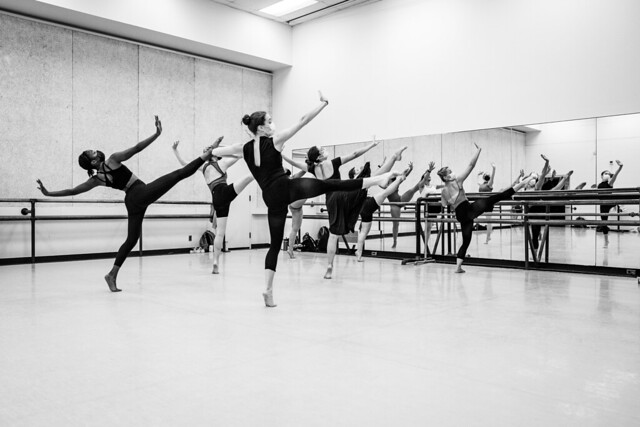Sarah Clough, a senior at the UMKC Conservatory, has faced the pandemic head-on throughout the past semesters, battling discouragement and lower enjoyment levels from classes.
Although her professors have found new and unique ways to make students’ time useful, she claims it has simply not been the same since the pandemic.
“In my opinion, if your music does not go beyond the walls of your own practice room, it can start losing its purpose,” said Clough.
The COVID-19 pandemic has affected a multitude of everyday life activities, with one of the biggest being the education system.
The UMKC Conservatory has been uniquely affected due to its demand for connection and teamwork. Both students and teachers have had to adapt to a new way of communicating and performing.
“So much of our work as performing artists centers on and requires “Presence,” so, yes, the pandemic has given us some unique challenges,” said Carla Noack, an associate professor of acting. “We’ve certainly learned to communicate even more effectively through our eyebrows and bodies.”
Prior to the pandemic, the UMKC Conservatory featured over 500 performances annually that included “student recitals, large ensembles, chamber music, main stage opera, choral concerts, dance, master classes, guest lecturers, theater productions and more,” according to the department’s website.
However, due to the pandemic, the performances have also had to adapt to new health guidelines and practices.
Each show must be performed in a safe manner that allows for students on stage to be socially distanced. Scripts for the theatrical performances now must be read with guidelines in mind and chosen to ensure that it can comply with social distancing rules.
“We were thankfully able to gather for orchestra last fall, but haven’t been able to do so yet, this semester, because of the number of COVID cases going around,” said Clough. “That’s an example of how the pandemic is still affecting the conservatory in 2022.”
Along with theater and orchestra, dancers in the conservatory are also being affected by new guidelines and practices. According to the website, the conservatory is currently looking into alternative performance venues that can better suit the performances and audiences for social distancing.
Health restrictions are not limited to just performances, but also to normal classes in the conservatory as well. Professors and students are encouraged to wear masks and to socially distance themselves, and some of the courses offered will continue to be taught virtually via Zoom.
Although there are aspects of the conservatory’s training that have had to adapt to changes due to the pandemic, Noack said that there are still positive learning experiences happening simultaneously.
“We are all learning to take care of ourselves and each other in new ways—within the art form and alongside it,” she said. “There’s no question that our students are missing out on certain aspects of training, but they are also gaining the experience of being here together during this extraordinary moment, studying what it is to be human.”
Clough shared a similar sentiment and said that whenever the students are able to gather and perform together, there is a refreshing sense of appreciation and excitement for such events.
“Overall, I think I’ve learned to appreciate the little things more, like gathering together to share our music,” said Clough. “It’s a huge gift we often take for granted.”
ammnr6@mail.umkc.edu








